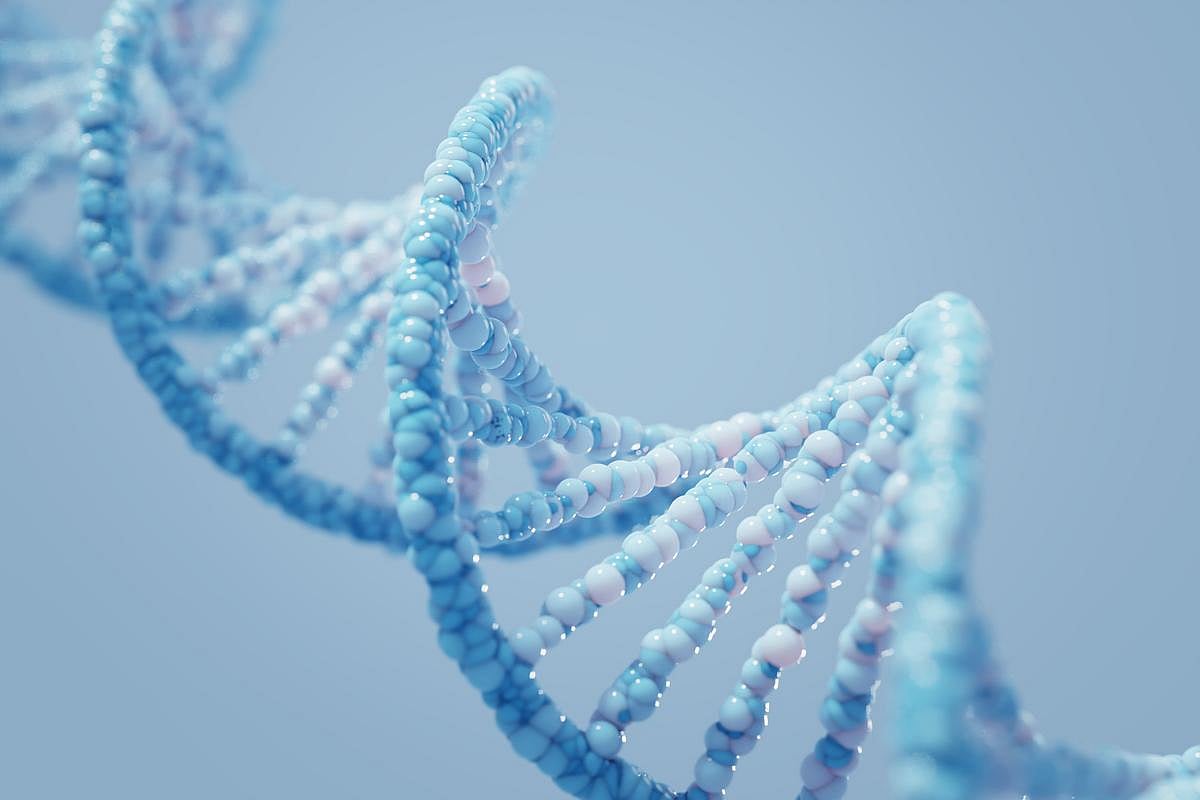Get Healthy!

- Dennis Thompson
- Posted November 26, 2024
Scientists Spot Gene That Could Help Cause Miscarriages
A gene that causes accelerated reproductive aging is directly tied to the risk of miscarriage in younger women, a new study says.
A mutation of the gene KIF18A speeds up the aging process of eggs in younger women, diminishing their fertility, researchers report.
“Knowledge of the precise genetic landscape that causes egg abnormalities in women has long been limited,” researcher Karen Schindler, a professor of genetics with Rutgers University, said in a news release.
“This work represents a significant step forward in our understanding of the underlying genetics and provides the deepest validation yet of a candidate variant for causation,” she added.
Successful reproduction is highly dependent on women creating eggs of good quality, researchers said in background notes.
Miscarriages often occur due to eggs that contain an abnormal number of chromosomes, and the risk increases with age, researchers said.
For the study, researchers analyzed data from an in vitro fertilization clinic, looking for patterns in maternal DNA sequences that might be linked to poor fertility.
The team found a genetic variant that causes women to produce a higher number of abnormal eggs, results show.
Lab mice engineered to carry the variant produced more abnormal eggs than other mice, at an earlier-than-normal age, researchers said.
“From this, we can say that this is more than a correlation; it’s a causal relationship,” lead researcher Leelabati Biswas, a student in Rutgers University’s joint MD-PhD program, said in a news release. “The results gave us a powerful validation of our computational data.”
The researchers plan to look for more genetic variants that can contribute to abnormal eggs and female infertility.
“This is a first step,” Biswas said. “We’re heading in a direction where we may be able to give women more opportunities for precision medicine, to better inform them, using targeted genetic information for reproductive treatments."
Ultimately, women who want kids could one day undergo a genetic test that reveals their risk of miscarriage. Women at high risk could opt to have kids earlier or freeze her own eggs while she’s young, researchers said.
“If you know your genetic risk, you will know your outcomes are going to be better if you start at age 28, rather than 32,” Schindler said. “That could make a huge difference in your success.”
The new study was published in the Proceedings of the National Academy of Sciences.
More information
The National Institutes of Health has more on miscarriage.
SOURCE: Rutgers University, news release, Nov. 21, 2024

